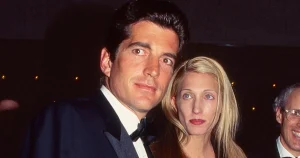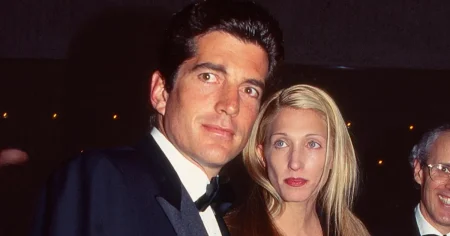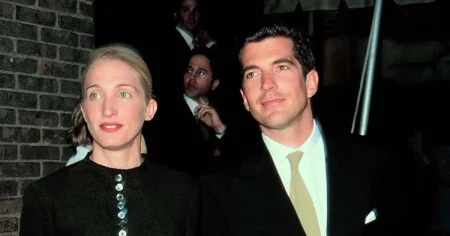The first month anniversary celebration for the couples of Married at First Sight Season 18 took a dramatic turn, deviating significantly from the expected joyous occasion. The celebratory dinner, intended to commemorate the couples’ nascent marital journeys, instead became a stage for airing grievances, particularly for one couple, Emem and Ikechi. Their simmering conflict erupted into a public confrontation, exposing underlying tensions and communication breakdown.
Emem’s outburst stemmed from Ikechi’s alleged dismissive behavior and lack of communication in the days leading up to the anniversary. She accused him of calling her derogatory names and ignoring her attempts to connect. Emem’s frustration escalated when Ikechi denied her claims, triggering a heated exchange that disrupted the celebratory atmosphere. Her visible anger and use of strong language painted a picture of a relationship already fractured, a stark contrast to the hopeful beginnings portrayed in the season premiere.
The incident underscores the inherent challenges of the Married at First Sight experiment. While the show’s premise offers the promise of finding lasting love through a scientifically-backed matchmaking process, the accelerated intimacy and constant scrutiny of the cameras can amplify pre-existing personal issues and communication styles. The pressure cooker environment of the experiment, designed to fast-track relationship development, can also exacerbate underlying tensions, leading to explosive confrontations like the one between Emem and Ikechi.
Emem’s emotional outburst, while disruptive, revealed a deeper issue: the disconnect between expectation and reality. Entering the experiment with the hope of finding a committed partner, Emem found herself confronted with what she perceived as Ikechi’s disregard for her feelings. Her reaction, though perhaps excessive, highlighted the emotional toll of unmet expectations within the confines of the experiment. The public nature of their disagreement, with the other couples bearing witness, further intensified the situation, adding an element of social pressure and potentially influencing the dynamics of the group as a whole.
The contrast between Emem and Ikechi’s initial optimism and their current state of conflict serves as a microcosm of the unpredictable nature of relationships, even those formed under the guidance of experts. Their journey on Married at First Sight began with shared hopes and dreams, each seeking a long-term partner. Emem portrayed herself as a woman ready for commitment, tired of the dating game, while Ikechi presented himself as a self-aware individual seeking a compatible partner. The dissonance between their initial portrayals and their current conflict underlines the challenges of maintaining the facade of a perfect match under the constant pressure of the experiment. The transition from strangers to spouses, accelerated by the show’s format, clearly presented difficulties for this pair, bringing their underlying incompatibilities to the forefront.
The one-month anniversary blow-up between Emem and Ikechi raises questions about the long-term viability of their relationship. Their inability to effectively communicate and manage conflict, exposed in this early stage of their marriage, casts a shadow over their future prospects. The remaining weeks of the experiment will be crucial in determining whether they can bridge the divide and rebuild trust, or whether their journey on Married at First Sight will culminate in a decision to divorce. Their experience serves as a cautionary tale, highlighting the inherent risks and complexities of entering a legally binding relationship with a stranger, even with the guidance of relationship experts. The show’s premise, while intriguing, also reveals the potential for emotional turmoil and public breakdowns as couples navigate the challenges of instant intimacy and constant observation.















